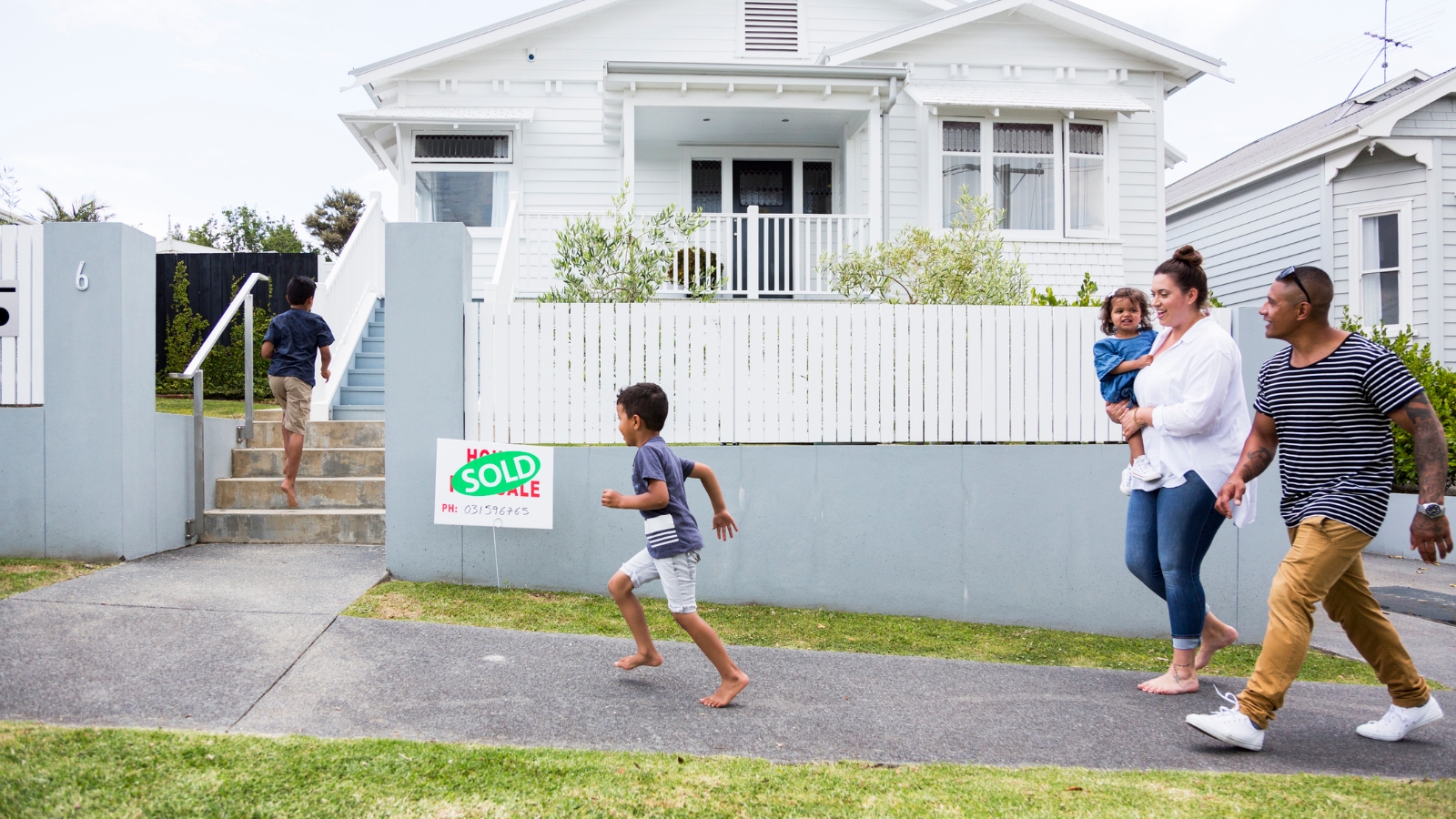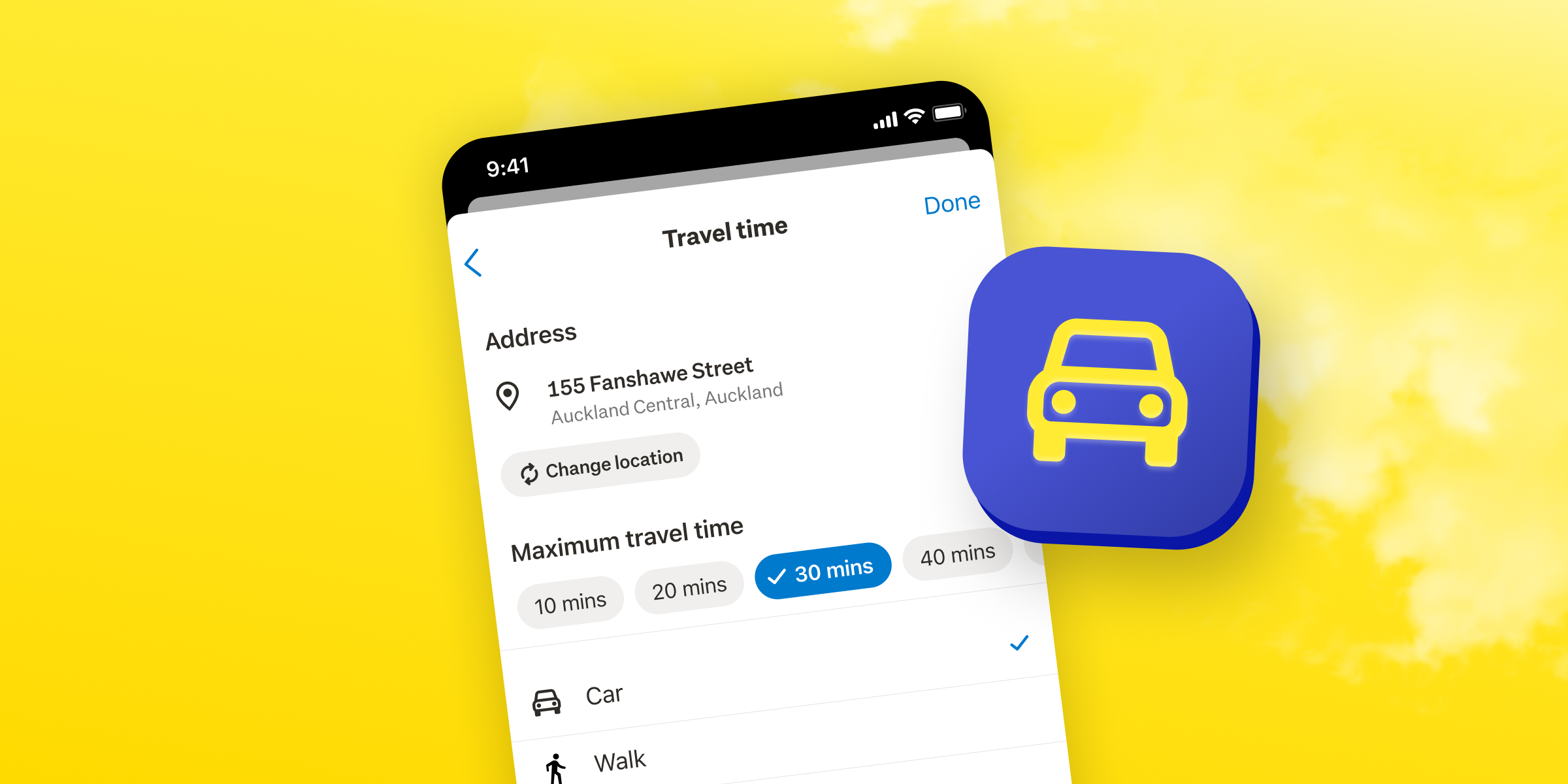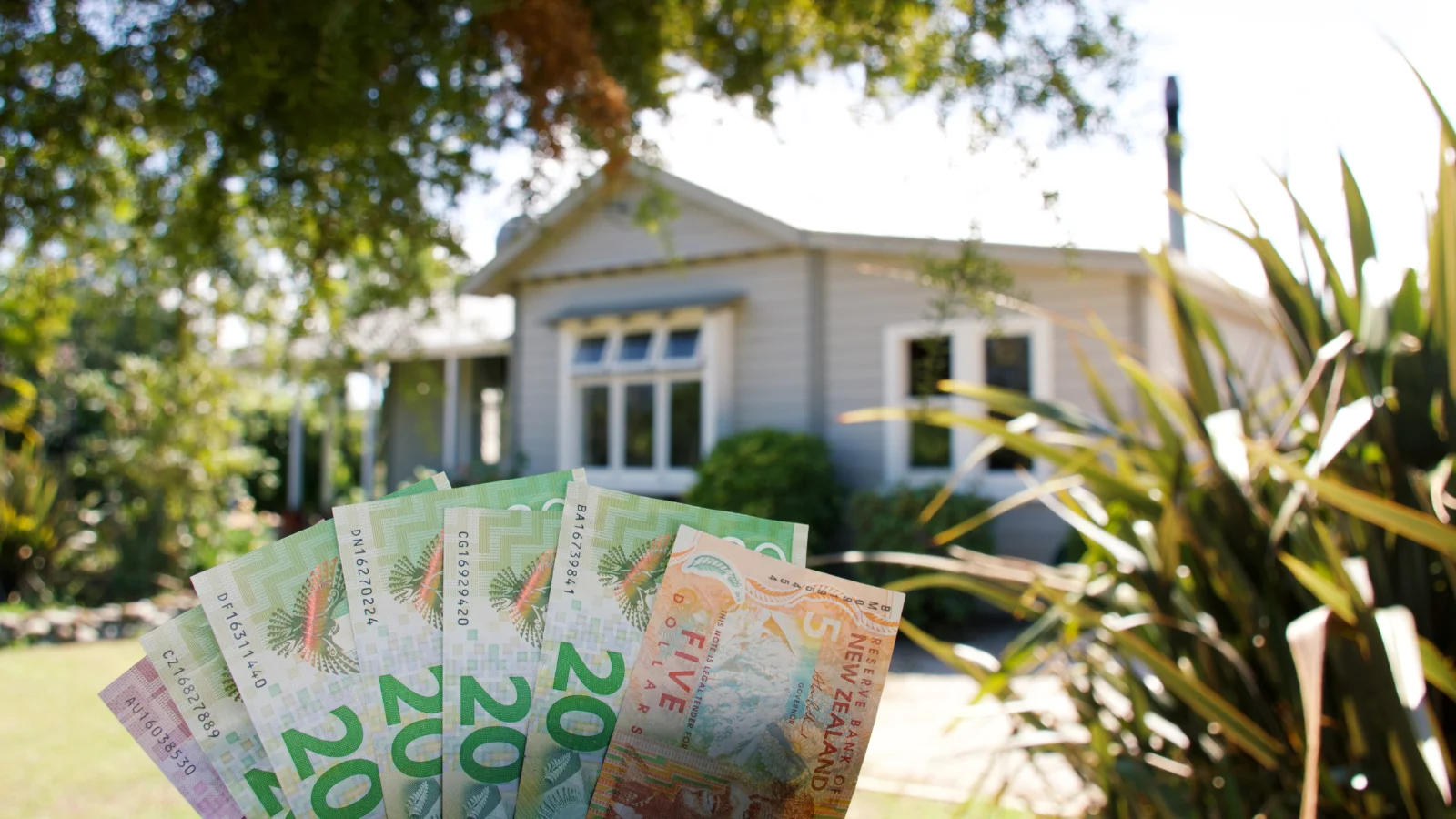Buying guide
Brightline test explained (2024)
Everything you need to know about New Zealand’s capital gains tax

What is the brightline test?
Why the NZ brightline tax was introduced
The family home is usually not covered by the brightline, unless it's been rented out.
Exceptions to the brightline test
Your main home
Inherited real estate
Relationship property
Your capital gains may be taxed if:
You’re in a pattern of buying and selling property for profit
You’re a builder or property developer
You’ve rented out your main home
The bigger the gain, the higher the tax.
You’ve sold the property to an entity
How to work out how much you’ll be taxed
Get expert advice from a tax accountant
Author
Search
Other articles you might like








